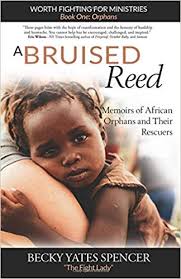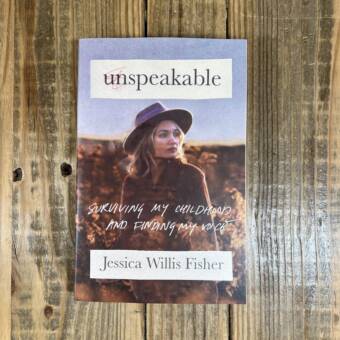Description
Hinz-Penner details a history fraught with tensions between land ownership and former inhabitants, commodification of the land and love of the land, land use and management, the simple life and love of nature.
As Elaine Enns, Co-Author, Healing Haunted Histories: A Settler Discipleship of Decolonization, puts it, “Hinz-Penner offers an engaging personal and political narrative that explores the contradictions, myths, and resilience of what we call her landlines, bloodlines, and songlines. Her memoir includes helpful distillations of significant historical periods and patterns of Mennonite migrations and Indigenous and settler histories. I hope it will inspire other settlers to venture their own decolonial re-memberings.”
Hinz-Penner delves into the history of the peoples who were on the land before her-the Plains Village farmers in the year 1000 C.E., Coronado’s crossing of her corner of Kansas, the one hundred years of Comanche Empire including the land east of Liberal. She also explores the geography of the land, its soil, rivers, plateaus, and settlement story. The experiential details of 1950s farm life, the genealogy that placed her there, migrations journals of ancestors, her Oklahoma Panhandle country church settlement history give texture to the story as do gender understandings about work and play in a two-daughter family.
Meditational in structure, the narrative includes musings, poetry, family stories, Mennonite history, spiritual yearnings, Indigenous contributions, and reflections about the author’s multi-generational farming history, its privileges, contributions, transgressions on the land. Tensions between colonization hauntings and the idyllic nature of her childhood on the farm are ameliorated when author and sister return to tend the farm during Covid isolation.


